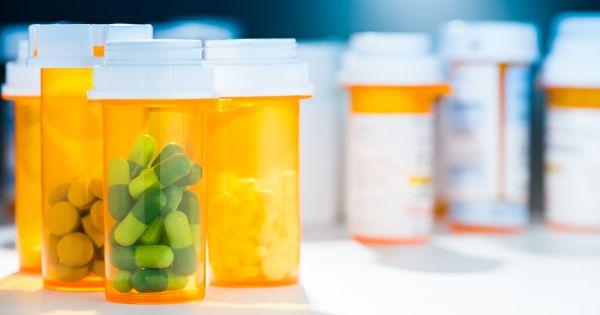
Clinical trials are essential to modern medicine, as they validate the safety and efficacy of new treatments. Phase 1 trials, the earliest stage of clinical trials, help determine the safety and ideal dosage of new drugs. The process requires careful consideration of multiple factors. Allow us to explain how developers determine drug dosage in Phase 1 trials.
Read more: Determining Drug Dosage in Phase 1 TrialsVerify Safe Starting Dose
Several factors can determine the initial dose of a new drug, including preclinical evidence, pharmacokinetics, and the proposed mechanism of action. The starting dose is usually much lower than the anticipated therapeutic dose; this ensures patient safety. Professionals incrementally increase dosages until they identify a maximum tolerated dose (MTD).
During this process, the goal is to ensure the drug starts at safe and well-tolerated dosages that allow for further increases while researchers learn about the drug's effectiveness.
Assess Pharmacokinetic Properties
Pharmacokinetics describes how drugs move within the body, and it is essential to understanding drug distribution, absorption, metabolism, and elimination.
In phase 1 trials, developers assess pharmacokinetic properties to determine a drug's optimal dosing schedule based on the expected drug concentration in the blood at different times after administration.
The aim is to ensure optimal drug delivery to the target site while minimizing unwanted side effects.
Observe Patient Responses
During phase 1 trials, professionals carefully monitor patient responses to the drug. This includes measuring parameters such as vital signs, blood chemistry, and the presence of side effects.
The data allows investigators to evaluate drug concentrations in the bloodstream and its safety and effectiveness. The observations will help optimize the drug's dose and administration, with modifications if needed.
Fine-Tuning the Dosage
The monitoring data enables the adjustment of dosages and administration schedules. The primary goal is to achieve a therapeutic dose while minimizing the risk of unwanted side effects to ensure the safety of patients.
Determining dosage during Phase 1 clinical trials is a crucial step for developing drugs, as it ensures patient safety and the delivery of optimal doses. Overall, it involves carefully considering a range of pharmacologic factors and meticulously monitoring patient responses.
If you’re a pharmaceutical developer, let Moravek assist you with drug development. We offer professional radiolabeling services and other custom packages. Contact us today!
